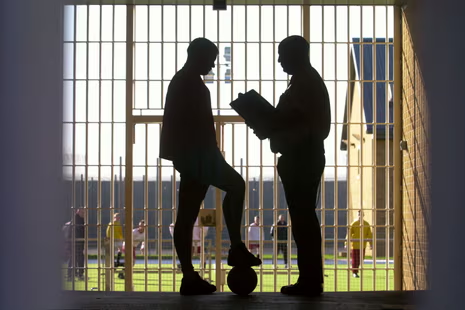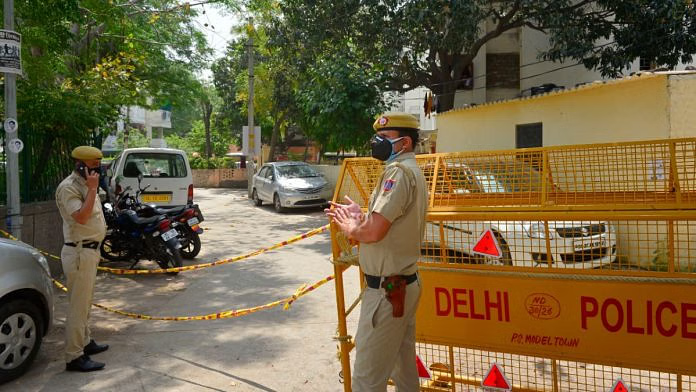Now Reading: Adolescent Love vs Law: Why Experts Say Jail Isn’t the Answer
-
01
Adolescent Love vs Law: Why Experts Say Jail Isn’t the Answer
Adolescent Love vs Law: Why Experts Say Jail Isn’t the Answer

As India grapples with rising cases involving adolescent relationships, a crucial debate has emerged: should teenagers in consensual relationships be punished under strict laws meant for serious crimes? Many legal voices are now urging the system to stop criminalising teenage love—without changing the age of consent.
The call is not to lower the age bar but to rethink how the justice system deals with young people navigating love and relationships.
The Heart of the Issue
Under current laws, any sexual activity involving individuals below 18 is treated as statutory rape, even if it’s consensual and mutual between teenagers. This has led to several cases where young boys, often barely 18, are jailed based on complaints from parents or societal pressure.
What was meant to protect children from abuse is, in some instances, criminalising innocent exploration between adolescents.
Legal Minds Urge Nuance
Judges, lawyers, and child rights experts have been flagging this issue more frequently. Their argument is simple: not every case of underage intimacy is predatory. There needs to be a distinction between exploitation and mutual, age-appropriate relationships.
Some suggest guidelines that would allow judges to use discretion based on the context—such as closeness in age, consent, and absence of coercion—while still keeping the age of consent legally intact.
Real-Life Impact in Smaller Cities
The situation is especially complicated in Tier 2 and Tier 3 towns, where social conservatism often clashes with the reality of teenage relationships. In many cases, parents file cases not because of abuse, but because of disapproval—often driven by caste, religion, or class differences.
This not only derails young lives but also clogs the judicial system with cases that arguably don’t belong there in the first place.
The Way Forward
There’s growing consensus that India’s child protection laws need more clarity and sensitivity. The focus must stay on protecting children from genuine abuse, not penalising adolescents for consensual relationships.
Balancing the law with social reality isn’t easy—but it’s necessary. Rather than lowering the age of consent, what’s needed is better interpretation of the law, training for investigators, and awareness among families. Only then can we stop treating teenage love like a crime.

























